Culture, Identity and Inequalities
Explore some of the ways our research interests in culture, identity and inequalities feed into the teaching of BA Sociology.
Explore our research on the theme of Culture, Identity and Inequality:
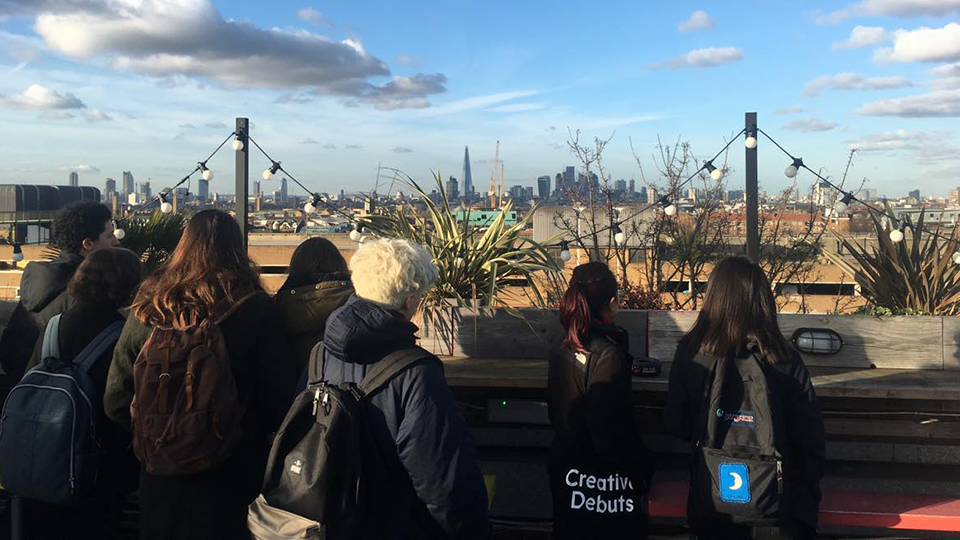
Spotlight on cities
Dr Emma Jackson is an urban sociologist and Director of the Centre for Urban and Community Research at Goldsmiths. Her work has explored how people practice belonging in cities and how this is related to other urban processes, such as gentrification.
Emma leads the second-year London option module, where you can get out of the classroom and explore the local area through walks, photography and observations.
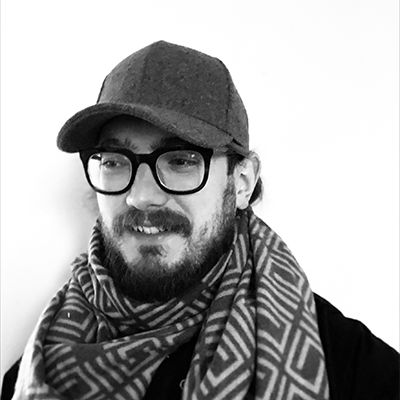
Spotlight on food and multisensory sociology
Dr Alex Rhys-Taylor's work explores the relationship between the culture of cities and social change. His research has looked particularly at the multisensory culture of cities, exploring the textures, flavours and smells of London's shops, food stalls and restaurants and their relationship to identity and formations of class, gender and ethnicity.
Along with Michael Guggenheim, Alex jointly leads the second-year optional module Food and Taste. The weekly classes combine theories about food and culture, with student-led food-based social experiments.
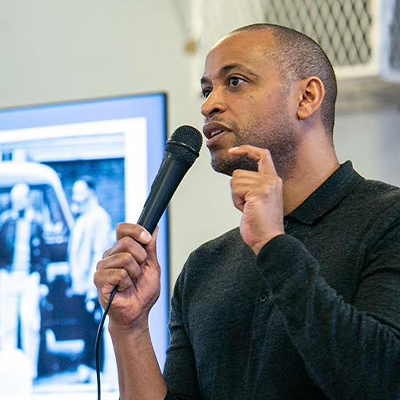
Spotlight on race and racism
Dr Brett St Louis is a sociological theorist, specialising in race, ethnicity and racism. His work focuses on how racial categories function within society and the practical impact that ideas about race have on individuals and groups. His current research includes an examination of the category BAME (Black, Asian and minority ethnic). Despite being often criticised as crudely combining diverse ethnocultural groups, BAME nevertheless remains useful as a means to aggregate experiences of discrimination in order to demonstrate statistically significant instances of racism and ethnic inequality.
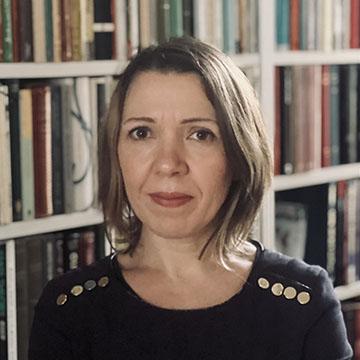
Spotlight on migration
Dr Sara Farris is a sociologist and Chair of the Anti-racism Committee in the Sociology Department. Her work explores the role that migrant and racialised workers play within the social care sector. She is well known internationally for her research on "femonationalism" - the mobilisation of feminist ideas by nationalist political parties within their anti-immigration campaigns.
Sara leads the third-year optional module Migration, gender and social reproduction. This module will challenge you to think about the contradictions that emerge from the centrality of care in our societies, and the low pay and low consideration given to care workers within our economies.
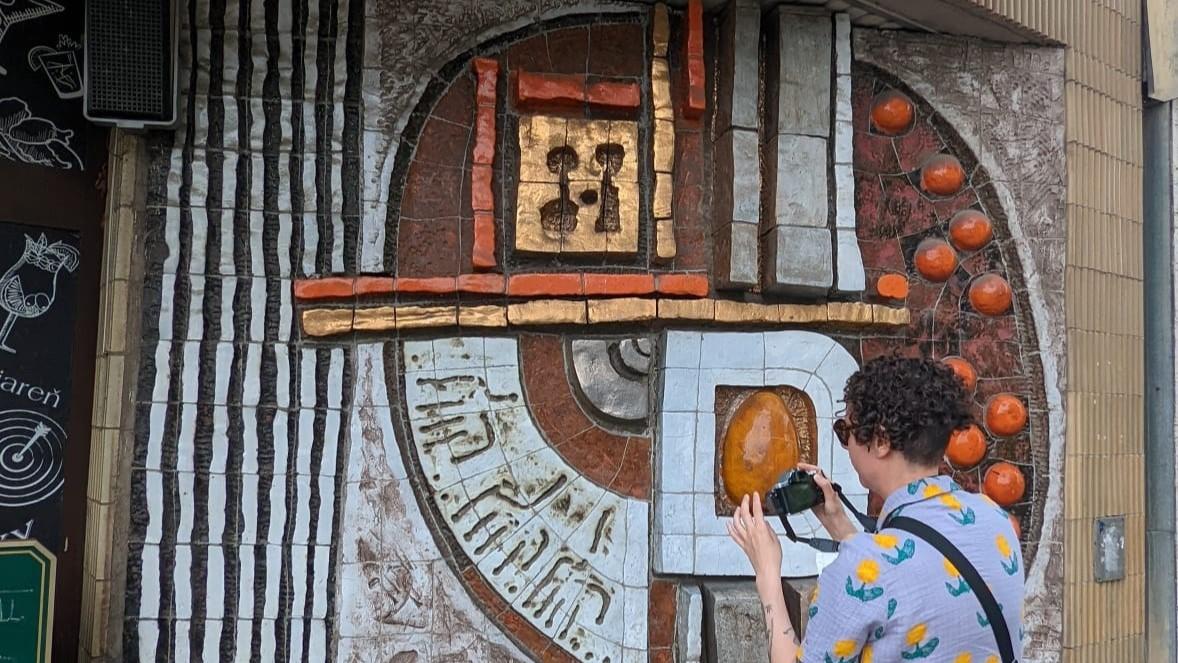
Kosice mosaic
Q&A with Dr Vik Loveday, Director of Undergraduate Programmes
What are you working on right now?
I’ve always been interested in exploring how people make sense of the world around them, and how our different cultural and political values shape our understandings of society. For me, some of the most telling moments relate to contestation over the meaning of objects or places – when there are multiple, conflicting stories about their legitimacy or value. I’m particularly interested in cultural memory – how our social location affects the way we remember past events and how shared stories about the past can shape our group identities. Right now, I’m working on a visual sociology project, which explores representations and perceptions of public art and architecture from Communist times in Central Europe. The interesting part for me is how multiple, conflicting narratives related to something like a building or a statue can tell us something significant about identity and belonging, as well as wider socio-political formations.
How would you describe your research approach?
Well, the idea behind the research actually began over Instagram: I’d been following a lot of users who share content related to twentieth-century art and architecture in countries such as Slovakia, Poland, and the Czech Republic. I thought there was something interesting sociologically about how the past is represented and discussed on social media, so I started interviewing Instagram users about the stories behind their accounts – some of these are amateur photographers and some belong to groups aiming at public artworks and buildings. I’ve had the opportunity to meet a few of my participants now and we’ve visited some of the places that appear in these Instagram posts. Since I really enjoy taking photos myself, I then share these on my own Instagram account.
Do you explore collective memory in your teaching?
In my third-year module Identity and Contemporary Social Theory, we explore how representations of the past can be used to cement belonging in the present - so we take a sociological look at phenomena such as nostalgia and cultural trauma. What I love about teaching this module is how students can approach phenomena like nostalgia or cultural trauma from a sociological perspective: they hear about how these concepts can be applied to a range of different contexts - whether it’s statues in post-colonial Algeria or responses to the aftermath of nuclear disaster in Ukraine. They then reflect on how these ideas about memory can be applied to their own, contemporary interests – for example, Black Lives Matter and racial justice. By the end of the third year, students have developed their research interests through their dissertations and they're able to think about new concepts in critical and creative ways.
Read more about Vik’s current research on Instagram, cultural memory and public art.